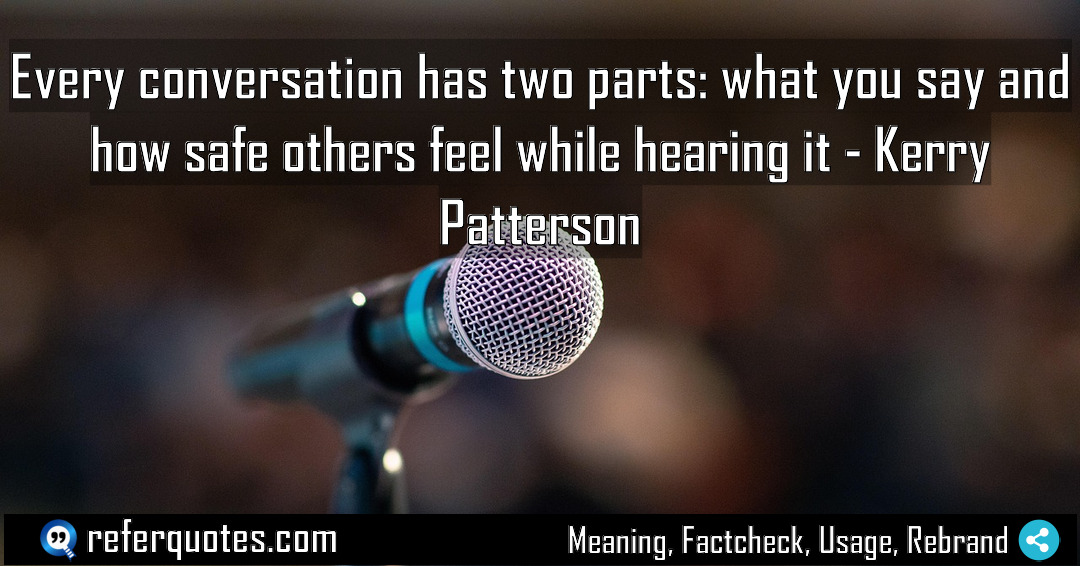Posted inSkill
Quotes about safety principles
The whole purpose of maintaining the Circle of Safety is so that people can spend their time and energy working together to face the dangers outside, not each other inside - Simon Sinek
At its core, this quote means that leadership's primary job is to create a safe, trusting internal environment so that the team's collective energy can be directed outward at competitors and market challenges, not inward at each other.

